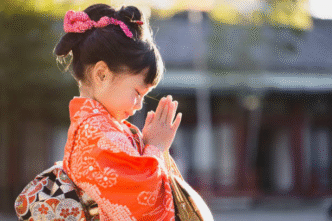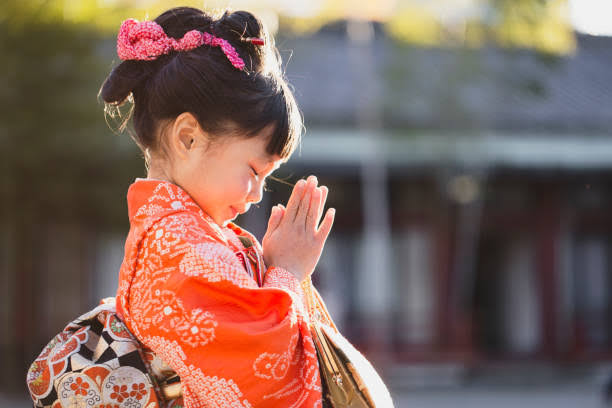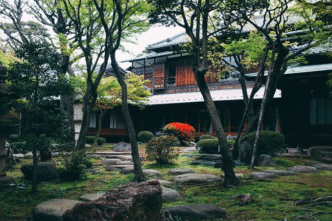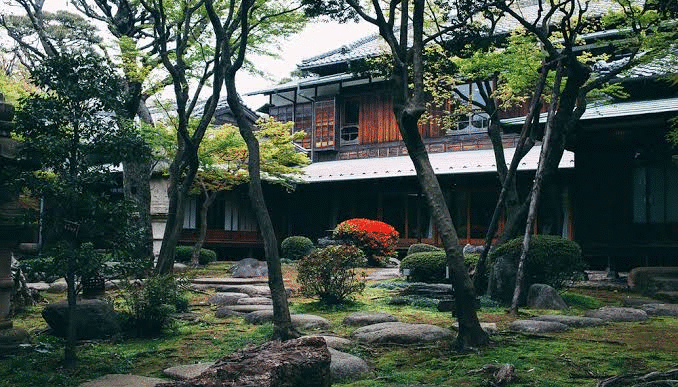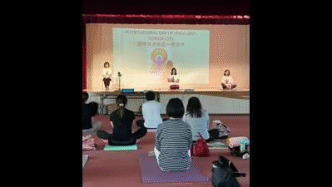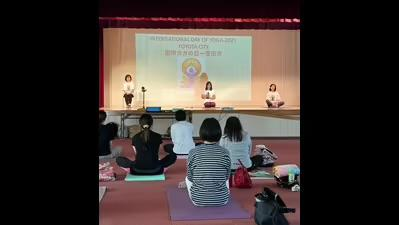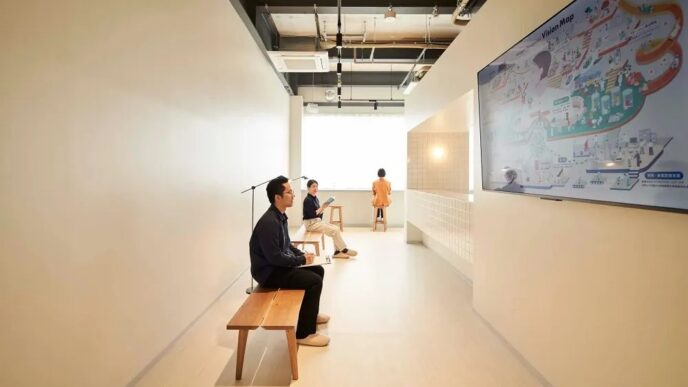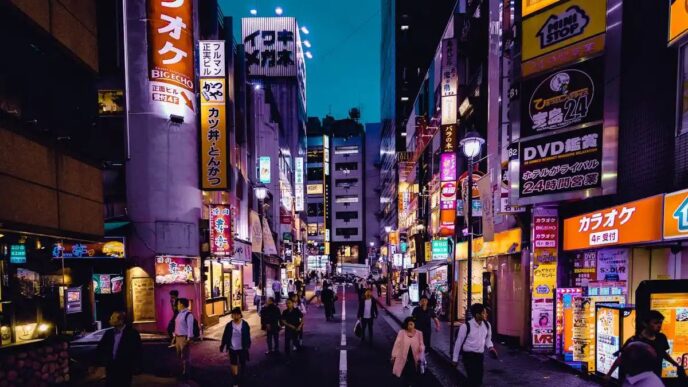Japan is known for its clean streets, polite people, and deep respect for tradition. But have you ever wondered how that all starts? It begins in childhood. Japanese children are taught some important life values at a very early age—many of which shape the country’s peaceful and disciplined society.
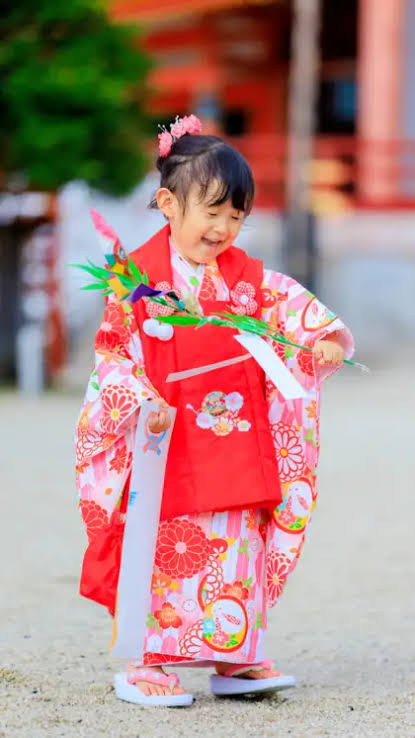
Here are 10 simple but powerful lessons most Japanese kids grow up with:
1. Respect for Others
From saying “itadakimasu” before meals to bowing when greeting, children are taught to always show respect—to elders, teachers, classmates, and even strangers.
2. Cleanliness is Everyone’s Job
In most Japanese schools, there are no cleaners. Kids clean their own classrooms, halls, and toilets. This teaches them responsibility and teamwork.
3. Politeness Matters
Using words like arigatou (thank you) and sumimasen (excuse me/sorry) is part of everyday conversation. Good manners are not optional—they’re expected.
4. Punctuality is Important
Being on time is taken seriously. Whether it’s school, a sports activity, or meeting a friend, children learn early that being late is disrespectful.
5. Value of Nature
Children are encouraged to appreciate the seasons, spend time outdoors, and take care of plants and animals. Nature is seen as a teacher and friend.
6. Discipline and Patience
Whether it’s waiting quietly in line or folding their clothes neatly, discipline is part of daily life. Kids learn that patience is a strength.
7. Group Harmony Over Individual Pride
Japanese society values group success more than individual achievements. Children are taught to think of others and work together.
8. Simple Living is Beautiful
There’s a strong focus on minimalism. Kids are not flooded with toys—they learn to value what they have and take care of their belongings.
9. Learning Never Stops
Even after school, many children attend juku (after-school classes). Learning is seen as a lifelong journey, not just something for grades.
10. Gratitude for Small Things
Children are taught to be thankful for meals, help, and kindness—no matter how small. Gratitude is shown through words and actions.
FAQs
Q1: Why do Japanese children clean their own schools?
Cleaning is part of the school day to teach students responsibility, equality, and teamwork. It shows that no task is beneath anyone, and everyone must contribute.
Q2: Are these lessons taught in school or at home?
Both! Parents, teachers, and even TV shows work together to build these values. It’s part of the culture, not just education.
Japanese childhood lessons are more than just rules—they’re values that last a lifetime. Maybe we all can learn a thing or two from them.
